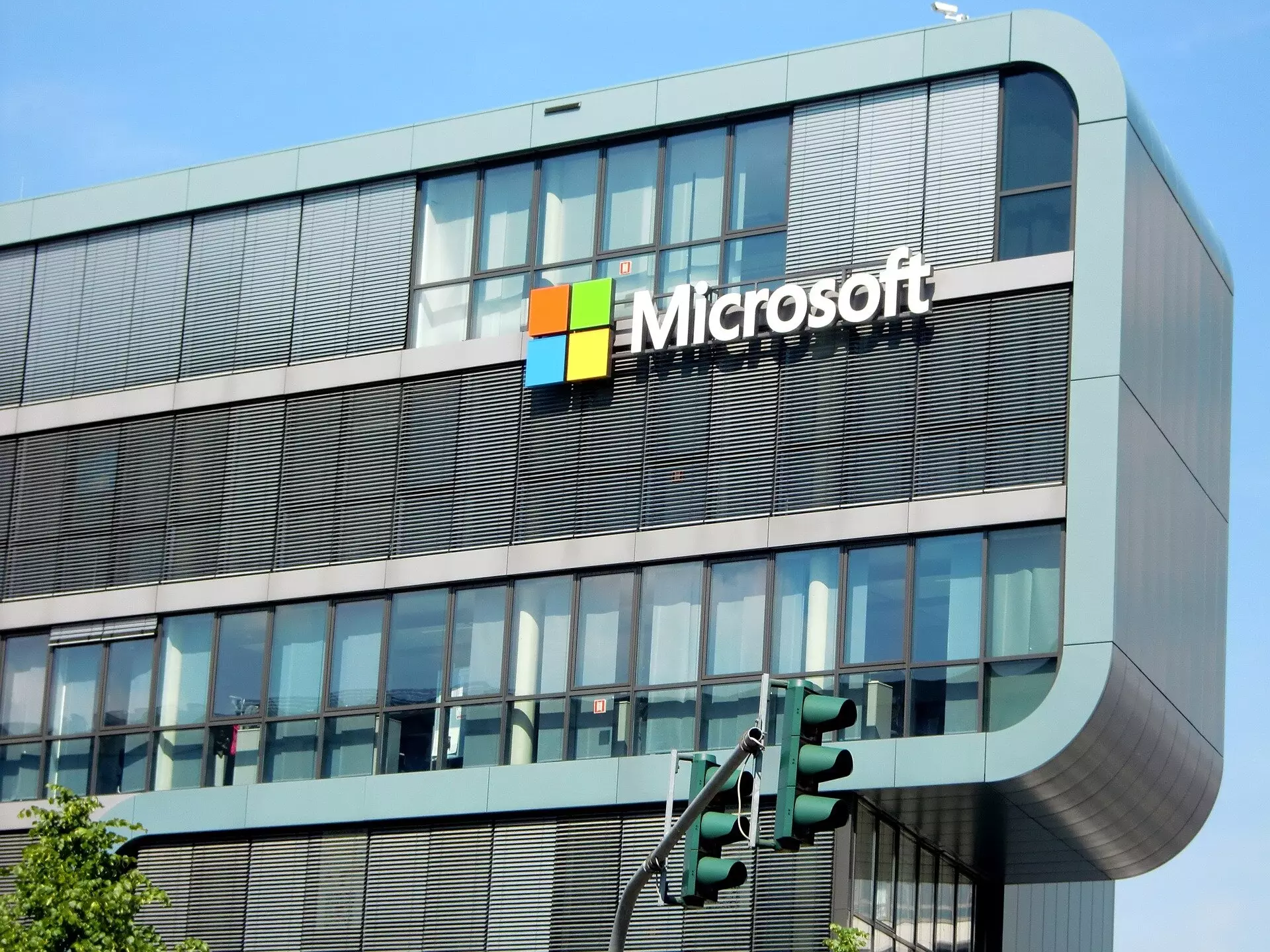Microsoft Corp. is set to roll out its highly anticipated AI assistant for Windows on September 26th, with the Office AI app becoming widely available on November 1st. This comes as the tech giant continues to incorporate generative artificial intelligence into its range of products. Microsoft’s Copilot-branded AI assistants are designed to provide a seamless experience across operating systems, applications, and devices. During an event in New York, Microsoft CEO Satya Nadella emphasized the importance of context in AI, showcasing how Copilot can extract flight booking information from text messages. Nadella believes that combining search, productivity, operating systems, and devices will lead to groundbreaking AI experiences.
Over the past year, Microsoft has been diligently integrating AI technology into its flagship products. By leveraging the power of generative AI, Microsoft has revolutionized Windows, Office, Bing search, security software, and customer and finance products. This undertaking is largely based on the groundbreaking GPT-4 technology from OpenAI, in which Microsoft invested a staggering $13 billion. Rivals such as Alphabet Inc. and Salesforce Inc. are also investing in the development of AI products to enhance customer experiences and improve task automation.
Microsoft’s Office AI app, which was unveiled in March, has been rigorously tested by approximately 600 customers. This comprehensive tool allows workers to harness the power of external web data and internal information to perform various tasks, including spreadsheet analysis, slide show generation, and predictive analysis of future business issues. Furthermore, Microsoft’s AI innovation in Office enables users to seamlessly integrate and manipulate data, unlocking new possibilities for productivity.
Microsoft announced the launch of its Windows AI assistant in May, with accessibility via a PC screen taskbar button. The assistant, called Copilot, opens a side panel that users can utilize to perform a range of tasks. Through this AI-driven tool, users can easily copy and paste text, rewrite content, summarize information, and gain deeper insights into any given topic. Windows users can also interact with the Copilot by asking it questions in a similar manner to Bing’s AI chat. During the event, Microsoft showcased the Copilot’s ability to provide users with local recommendations based on an email’s content, ultimately enhancing the user’s overall experience.
In addition to enterprise testing, Microsoft is also conducting trials with a select group of consumers and small businesses to gather insights into further improving the Office AI app. By actively seeking feedback from diverse users, Microsoft aims to ensure that its AI technology is accessible and beneficial to a wide range of individuals and organizations.
Microsoft’s dedication to incorporating AI technology into its suite of products is transforming the way users interact with software. With the upcoming rollout of the AI assistant for Windows and the widely available Office AI app, Microsoft continues to pioneer new possibilities for productivity. By leveraging the power of generative AI and combining various categories, such as search, productivity, operating systems, and devices, Microsoft is shaping the future of AI-driven experiences. As rivals also invest in AI technology, the competitive landscape of AI products is poised for innovation and greater efficiency. With Microsoft’s tireless commitment to AI research and development, users can expect AI to become an increasingly integral part of their lives.



Leave a Reply